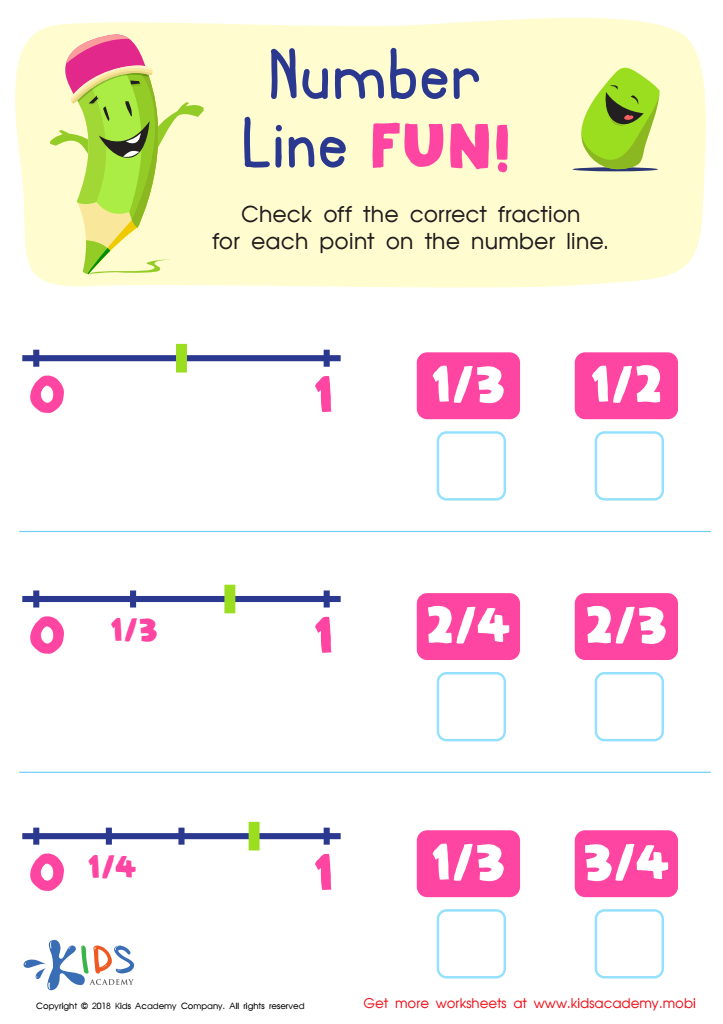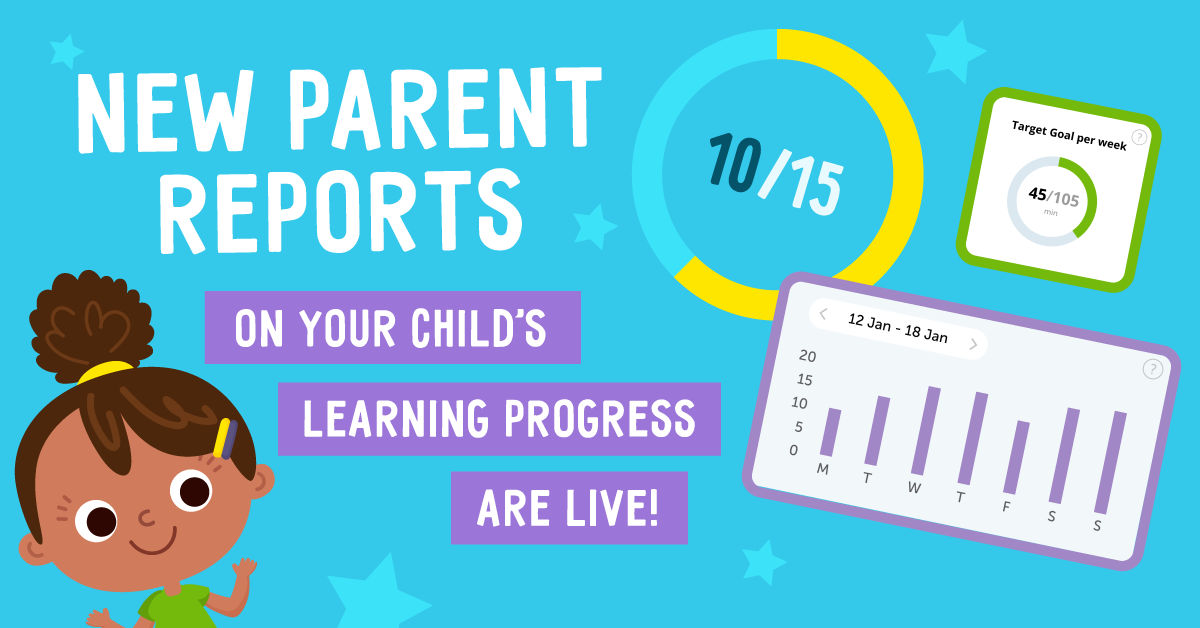Number line understanding Worksheets for Kids
1 filtered results
-
From - To


Number Line Fun Worksheet
Question/Answer
What are some effective activities to train students’ Number line understanding skill when teaching them about Numbers?
To enhance students' understanding of the number line, employ activities like "Number Line Hops" where students physically jump to numbers, "Fill in the Blanks" where they identify missing numbers on a line, "Number Line Battleship" to find hidden numbers through coordinates, and "Drawing Number Stories" where they illustrate real-life scenarios with number lines.
How to train the Number line understanding skill in Grade 3 students learning about Numbers?
To train Grade 3 students in number line understanding, start with visual aids: draw number lines on the board and use markers or counters. Introduce simple concepts like counting forwards and backwards, and identifying numbers' positions. Gradually increase complexity by introducing larger numbers, intervals, and basic addition or subtraction using jumps on the number line.
How does the mastery of the Number line understanding skill affect a student's performance at an early age?
The mastery of the Number line understanding skill at an early age significantly boosts a student's mathematical ability. It lays the foundation for arithmetic operations, helps in developing number sense, enhances the understanding of number relationships, and improves problem-solving skills. This strong early grasp leads to better academic performance in mathematics and related subjects as the student progresses.

 Assign to the classroom
Assign to the classroom












